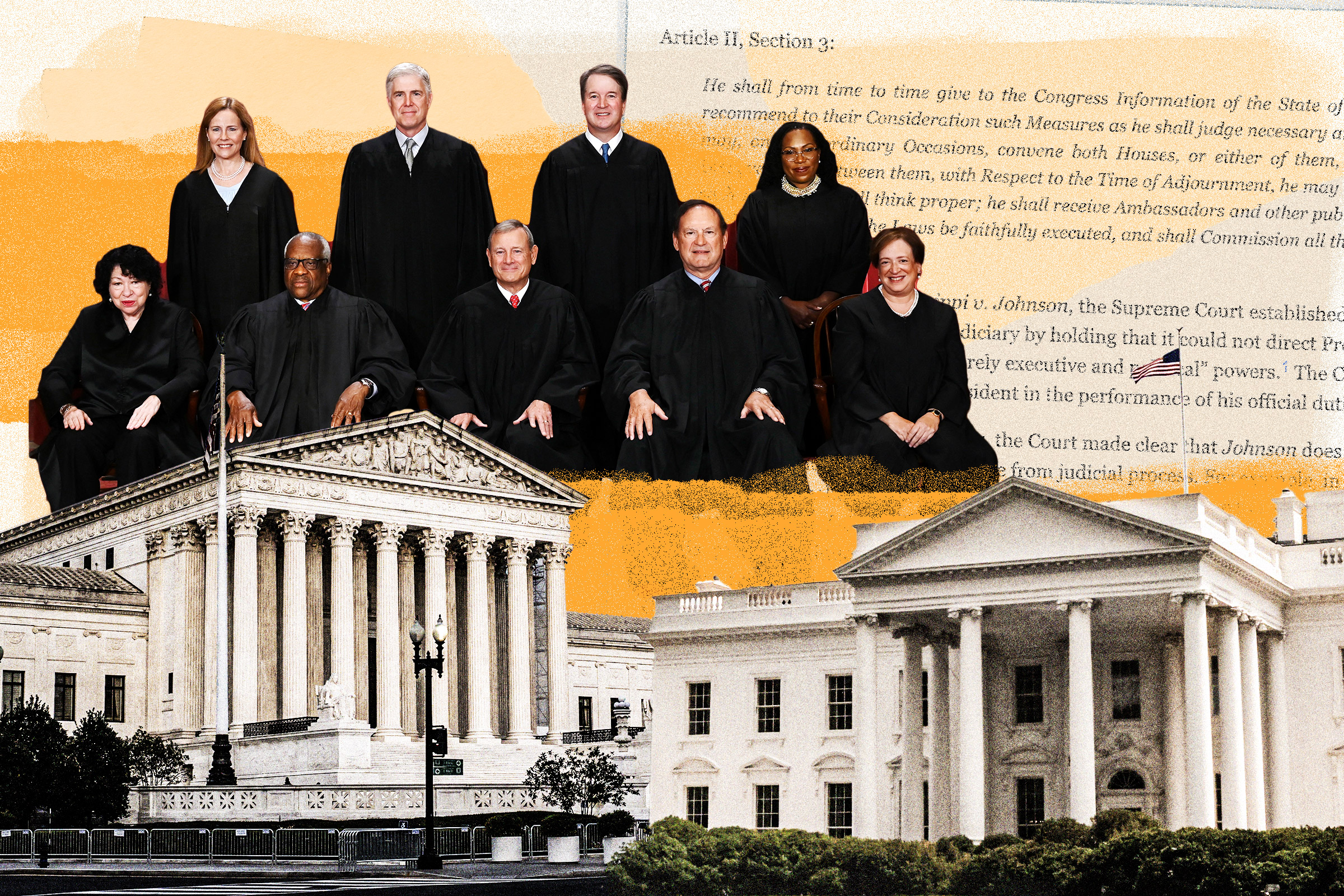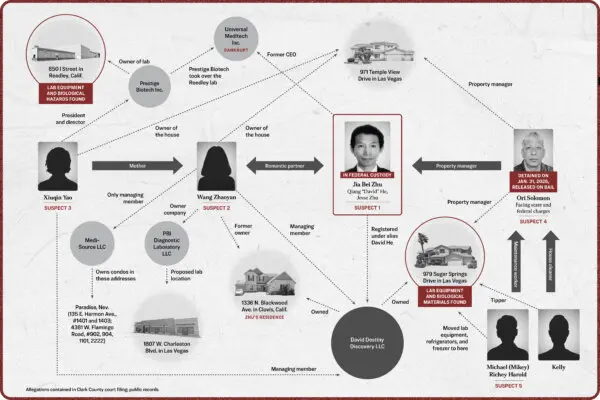On July 1, the Supreme Court ruled that presidents and former presidents enjoy “absolute immunity” from criminal prosecution for “conduct within his exclusive sphere of constitutional authority,” setting guidelines for which acts in former President Donald Trump’s federal election case can remain in the indictment but leaving large amounts of litigation for the district court.
The case, which has been on hold since December 2023, is unlikely to proceed to trial before the November election but may soon see a flurry of legal activity.










